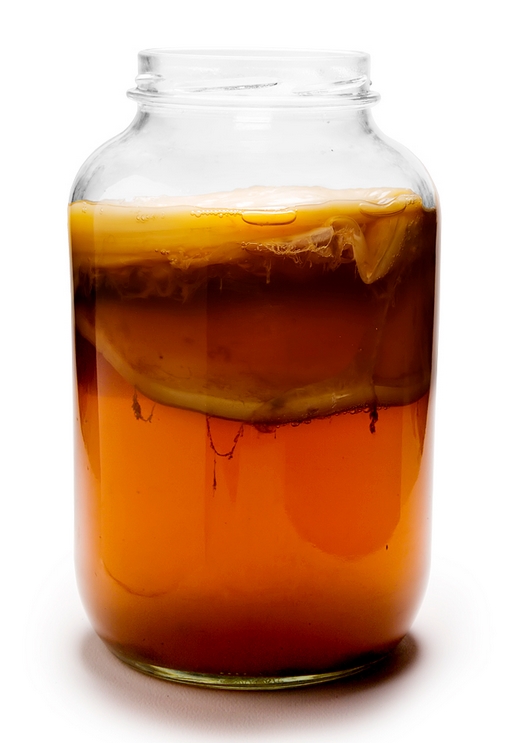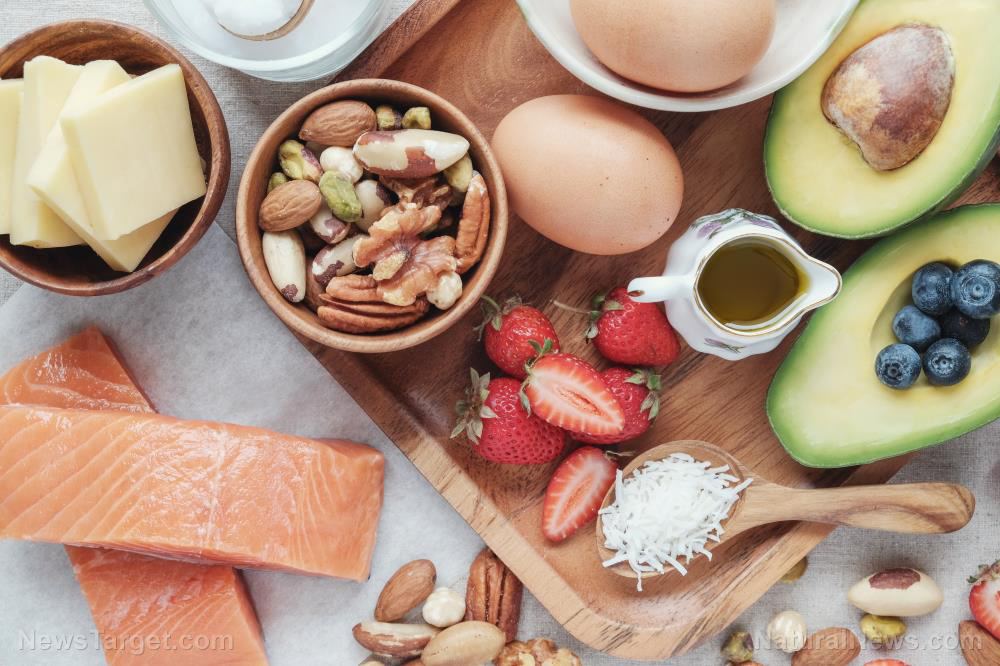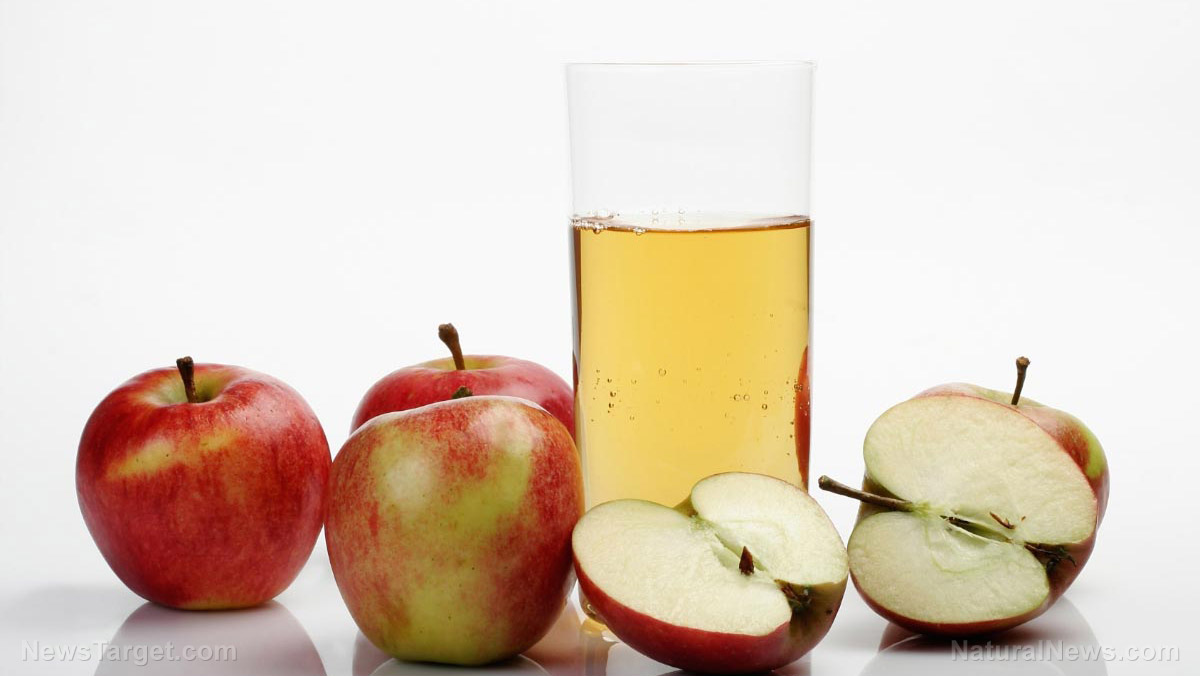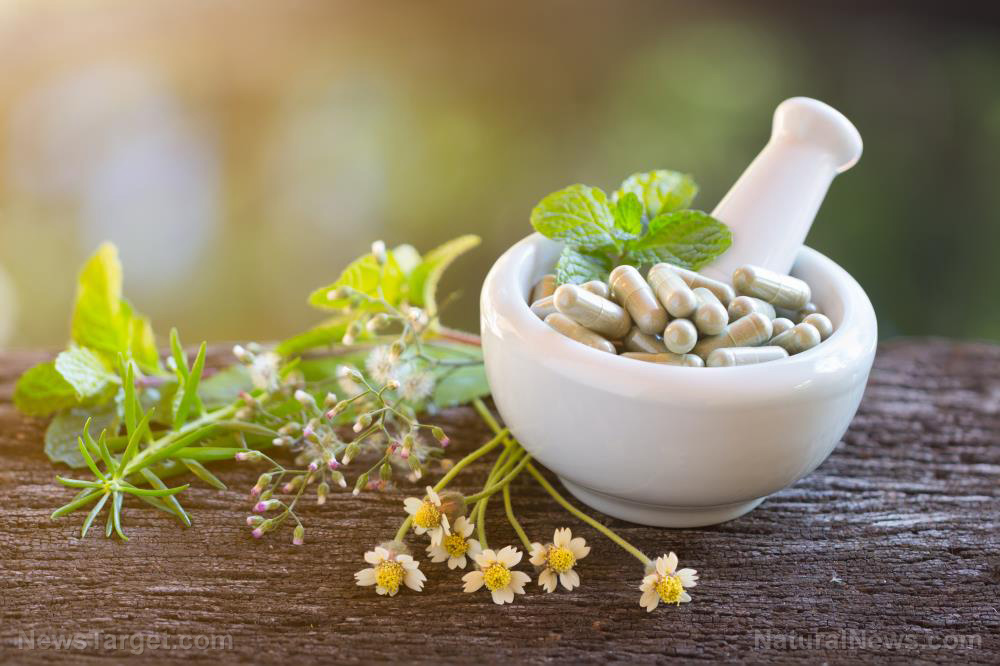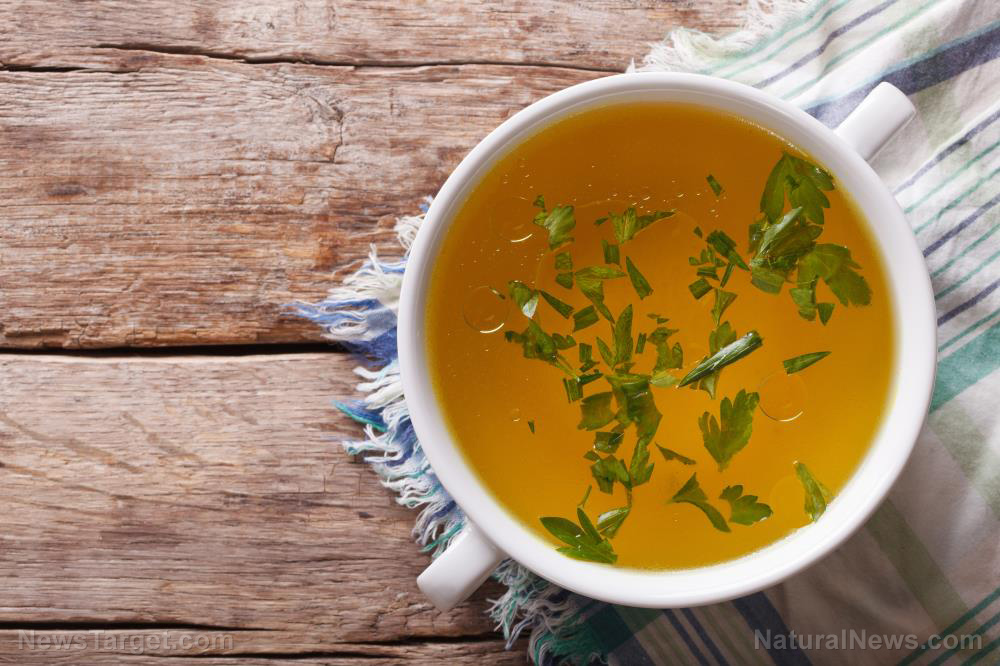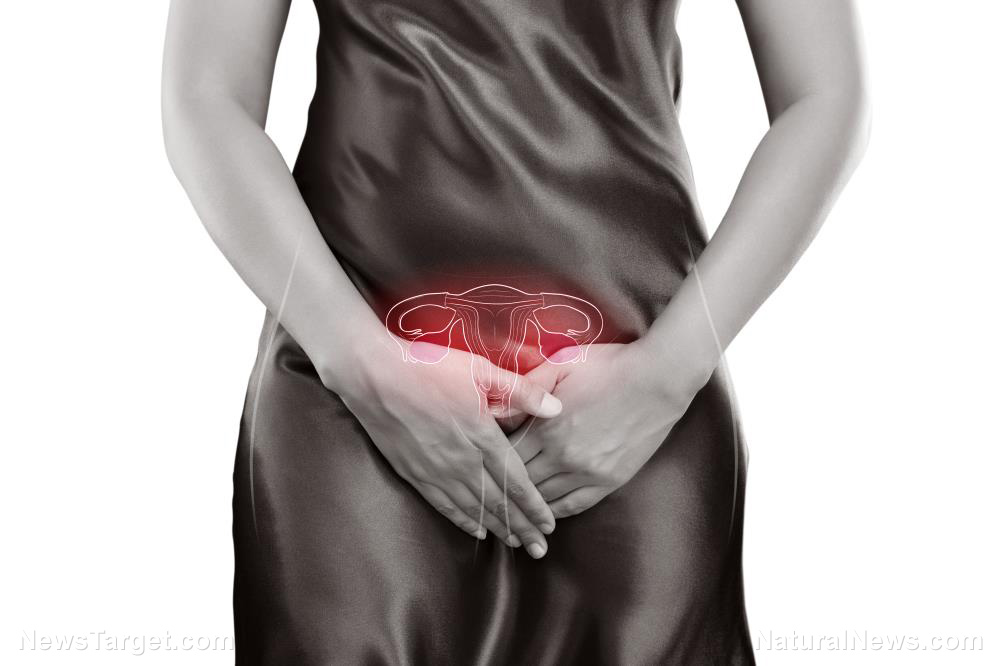Supplements that may alleviate certain symptoms of Parkinson’s
04/24/2019 / By Michelle Simmons

There is no current cure for Parkinson’s disease, but fortunately, there are available supplements that can help manage the symptoms of this disease. People with Parkinson’s may find relief by taking the following supplements:
- Vitamin E: Vitamin E helps with the proper functioning of the brain, blood, skin, reproductive system, and eyes. It is especially beneficial to people with Parkinson’s disease because it can reduce the symptoms of the disease. Research found that people who get a lot of vitamin E through their diets have a significantly lower risk of developing Parkinson’s. This vitamin can be obtained from foods such as abalone, almonds, avocado, cooked spinach, eggs, lobster, peanuts, raw dandelion greens, sunflower oil, and turnip greens.
- Vitamin B6: Also known as pyridoxine, vitamin B6 plays a role in the proper functioning of the nerves. This vitamin also regulates the metabolism of homocysteine. Having high levels of homocysteine may contribute to the loss of nerve cells in people with Parkinson’s. Research showed that people who consume more vitamin B6 are less likely to develop Parkinson’s disease. Vitamin B6 can be found in foods such as eggs, fish, peanuts, pork, potatoes, soybeans, turkey, and whole grains.
- Caffeine: Caffeine is known for its ability to help people be more alert and concentrate better. Some studies found that drinking coffee, black tea, or green tea — which all contain caffeine — can lower a person’s risk of developing Parkinson’s disease. (Related: Can caffeine protect you from Parkinson’s?)
- Urate: Research found an association between high levels of urates — a form of uric acid — and a reduced risk of developing Parkinson’s disease. Studies also suggested that people with higher levels of urate experienced a slowed progression of the disease once it had been diagnosed. This may be because urate acts as an antioxidant, which prevents or slows cognitive decline. Urate can be found in fish and seafood like anchovies, cod, crab, mussels, and shrimp; meat such as bacon, beef, chicken, liver, veal, and turkey; and alcohol. However, it is important to note that too much urate can result in gout, so be careful to not take too much.
- Coenzyme Q10 (CoQ10): CoQ10 has antioxidant properties and a positive effect on the mitochondria. Studies showed that it slows the rate at which dopamine is lost in people with Parkinson’s disease. It is naturally present in the body, but it can also be found in beef, broccoli, cauliflower, chicken, herring, lentils, orange, organ meats, peanuts, pork, sardines, soy, spinach, strawberries, and trout.
- Octacosanol: Octacosanol is a compound found in plants such as sugar cane. It has a similar structure with vitamin E and may make oxygen utilization more efficient. While it is typically used to boost athletic performance, this supplement may also be used for improving the symptoms of Parkinson’s disease.
- Citicoline: Citicoline, which naturally occurs in the body, has a brain-protective effect when taken as a supplement. This can be taken by people who suffer from memory problems, such as those with Alzheimer’s disease and Parkinson’s disease.
In addition to these supplements, the symptoms of Parkinson’s disease can also be managed by staying as active as possible, following a balanced diet, socializing, and trying therapies such as acupuncture, aromatherapy, meditation, and reflexology.
Sources include:
Tagged Under: aging, alternative medicine, brain function, brain health, caffeine, Citicoline, cognition, cognitive function, CoQ10, elderly, natural cures, natural medicine, neurodegenerative disease, neuroscience, nutrients, octacosanol, old age, Parkinson's Disease, prevention, remedies, supplements, urate, vitamin B6, vitamin E




